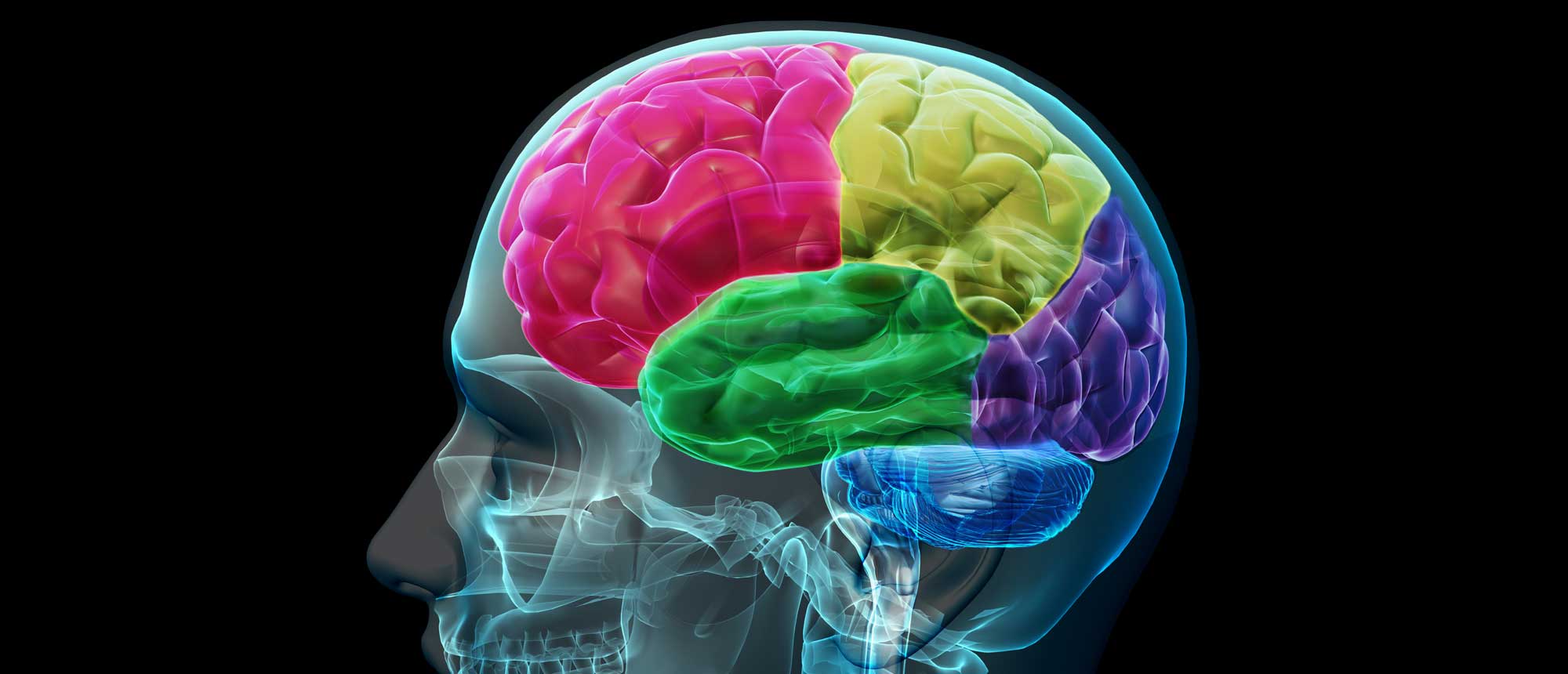01 Mar Know the Difference: Alzheimer’s verses Dementia
Knowing the difference between Alzheimer’s and Dementia is important, especially for the care of an aging loved one. The biggest differentiator between the two is that Alzheimer’s is a disease while Dementia is a syndrome that cause deterioration of the memory.
According to World Health Organization, over 47.5 million people have dementia and there are 7.7 million new cases every year. Dementia can affect your memory, speech, judgement, orientation, and many other cognitive functions. If your loved one seems to be affected by Dementia, knowing the signs can help determine what care will be best for them. Dementia can be frustrating for not only the patient but also for the family. It can cause your loved one to rely on you more. As their independence starts to decrease, there might be a need for in-home care. Having someone qualified in the home can not only give you peace-of-mind, but can be comforting for your loved one.
Alzheimer’s is a disease that slowly attacks and demolishes memory. World Health Organization suggests that experts estimate there are more than 5 million Americans affected by this disease. Many times, Alzheimer’s disease is missed by medical professionals. While it is unknown when Alzheimer’s begins, most people start out with signs of dementia. In the later stages, loved ones can stop eating, have bladder incontinence, trouble walking, and even have difficulty remembering loved ones.
Setting up in-home care, especially for aging seniors, is important. Caring for a loved one with Dementia or Alzheimer’s can be difficult. There are many steps you can take to ensure that they are getting the best care possible. One thing to start with is creating a routine. The more you keep things as normal as possible the easier it will be for them to adjust. While they are still able to be independent, maintaining structure can help simplify tasks and keep them safe in their own environment. It is important to maintain communication with them. As Dementia increases or Alzheimer’s sets into the later stages, hiring an in-home care specialist might be the best option. In-home care specialists are trained to help maintain a healthy lifestyle for your loved ones. They can help with bathing, feeding, exercise, and other essential care for their day-to-day activities. Be sure to do your research before hiring a specialist. You will want to be sure that they are qualified and understand the diagnosis of your loved one.


